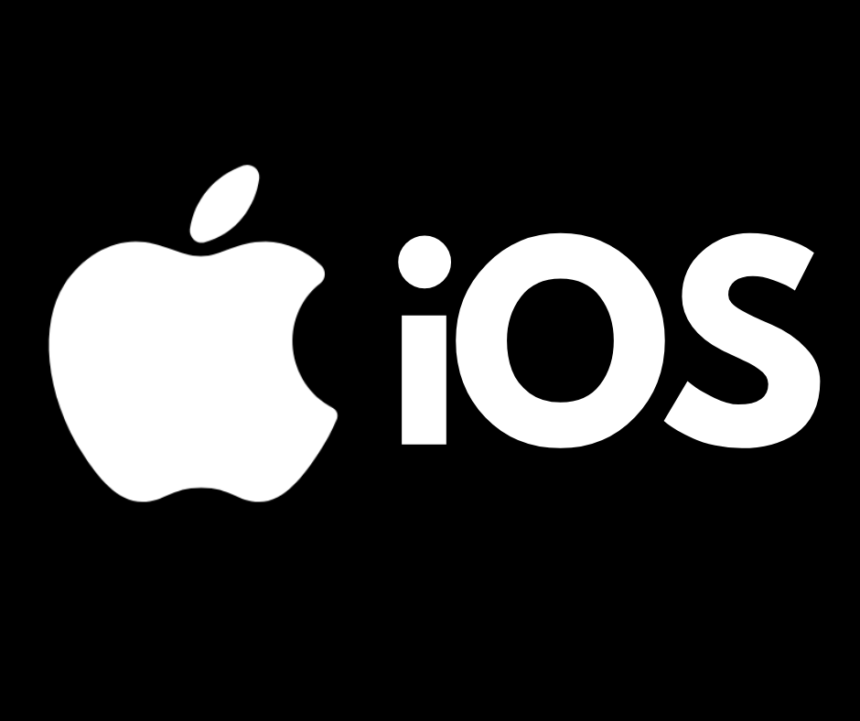Unraveling the Apple vs iOS Conundrum: Decoding the Dynamics of Two Tech Titans
In the ever-evolving landscape of technology, two giants stand tall—Apple and iOS. While these names are often used interchangeably, there’s a nuanced distinction between the two that goes beyond mere semantics. Let’s delve into the intricacies of the Apple vs iOS debate to better understand their roles, relationships, and impact on the digital realm.
The Genesis of the Apple Ecosystem: Apple is not just a company; it’s an ecosystem meticulously crafted to intertwine hardware, software, and services seamlessly. From iPhones and MacBooks to Apple Watches and iPads, Apple’s hardware lineup is a testament to innovation and design excellence. But what powers these devices at their core? Enter iOS.
iOS: The Beating Heart of Apple Devices: iOS, standing for “iPhone Operating System,” is Apple’s proprietary mobile operating system. It’s the digital soul that breathes life into iPhones, iPads, and iPod Touch devices. Known for its sleek interface, intuitive user experience, and robust security features, iOS has become synonymous with Apple’s mobile devices.
The Symbiotic Relationship: The relationship between Apple and iOS is symbiotic. Apple designs its hardware with iOS in mind, and iOS is tailor-made to optimize the performance of Apple devices. This synergy creates an ecosystem where hardware and software are in perfect harmony, providing users with a cohesive and user-friendly experience.
Navigating the Apple Ecosystem: One of the hallmarks of the Apple vs iOS debate is the exclusivity of iOS to Apple devices. Unlike Android, which operates on a multitude of brands, iOS is exclusive to Apple’s product lineup. This exclusivity, while limiting device choices, ensures a high level of consistency and optimization across the Apple ecosystem.
App Store Divergence: When it comes to third-party applications, the Apple vs iOS narrative takes an interesting turn. While iOS is the operating system that powers Apple devices, the App Store is the platform where users access and download applications. The App Store is not limited to iOS alone; it’s a broader digital marketplace that encompasses various operating systems, including macOS.
Security and Privacy Standpoint: Both Apple and iOS are renowned for their commitment to user privacy and security. iOS, with its closed ecosystem and stringent App Store policies, aims to create a secure environment for users. Apple, as a company, has consistently advocated for user privacy, implementing features like App Tracking Transparency and end-to-end encryption.
Looking Ahead: The Evolution of Apple and iOS: As technology evolves, so does the Apple vs iOS dynamic. With each new iOS update and Apple product release, users witness advancements, features, and enhancements that redefine their digital experiences. The future holds the promise of continued innovation as Apple and iOS navigate the ever-changing landscape of technology.
In conclusion, the Apple vs iOS debate underscores the intricate relationship between hardware and software in the realm of technology. Whether you’re an Apple enthusiast or a technology aficionado, understanding this dynamic duo is key to appreciating the digital landscape they shape and influence.





